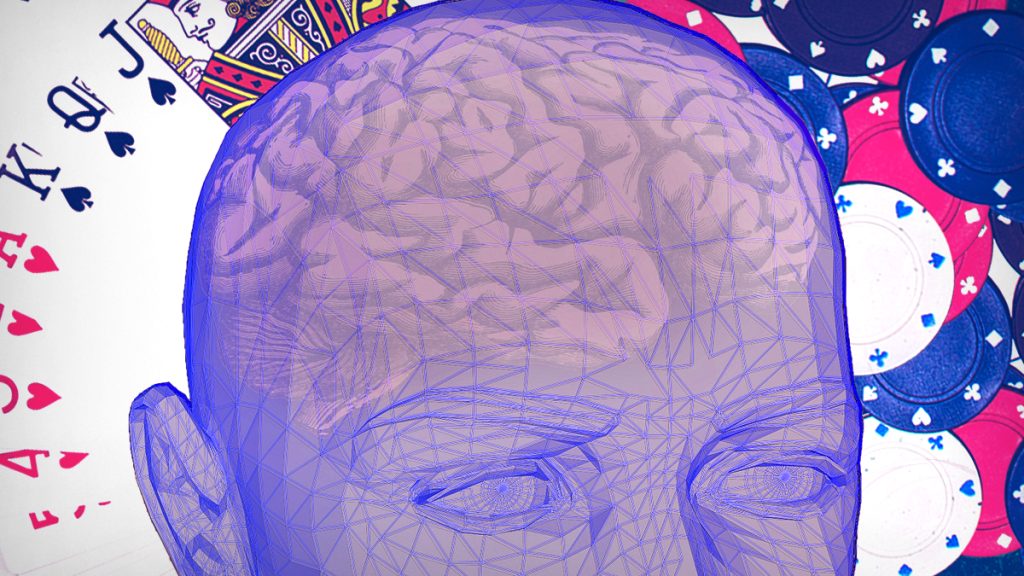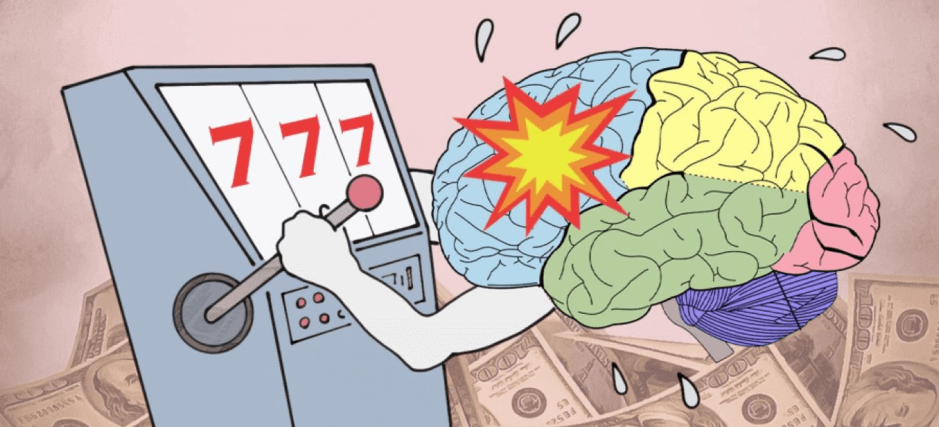Gambling is a popular form of entertainment that has been around for centuries. Whether betting on sports, playing the lottery, or hitting the slot machines, winning big can be tempting. However, while gambling can be fun and exciting, it can also significantly impact the brain. In this article, we will take a comprehensive look at what happens to the brain when gambling and its potential associated risks.
Understanding Gambling Addiction: What is it?
Gambling addiction is a severe condition that can profoundly impact the lives of those who suffer from it. Gambling addiction can often lead to financial ruin, strained relationships, and even criminal activity. But what causes gambling addiction, and how does it impact the brain?
The Role of Dopamine in Gambling Addiction
One of the primary ways gambling addiction impacts the brain is through dopamine release. Dopamine is a neurotransmitter that is responsible for feelings of pleasure and reward. When someone gambles and wins, their brain releases a surge of dopamine, creating a sense of euphoria.
The Link Between Gambling Addiction and the Prefrontal Cortex
The prefrontal cortex is part of the brain responsible for decision-making and impulse control. The prefrontal cortex may be impaired in individuals with a gambling addiction, leading to poor decision-making and impulsive behavior.
The Brain’s Response to Winning and Losing
The brain’s response to winning and losing can be complex and vary from person to person. However, research has shown that winning and losing can profoundly impact the brain.
The Impact of Winning on the Brain
When someone wins at gambling, their brain releases a surge of dopamine, creating a feeling of euphoria. This rush of dopamine can be addictive, and it can lead to an increased desire to keep gambling to experience that feeling again.
The Impact of Losing on the Brain
Losing at gambling can have a different impact on the brain than winning. Research has shown that loss can lead to frustration, anger, and disappointment. In some cases, losing can lead to an increased desire to keep gambling to recoup losses.
The Long-Term Effects of Gambling on the Brain
While gambling may be fun and exciting in the short term, it can have long-term effects on the brain. Some of these effects include:
Structural Changes in the Brain
Research has shown that gambling can lead to structural changes in the brain. Specifically, it can decrease grey matter in some regions of the brain, which can impact decision-making and impulse control.
Increased Risk of Depression and Anxiety
Gambling addiction can have a significant impact on mental health. In particular, individuals with a gambling addiction may be at an increased risk of developing depression and anxiety.
Financial and Legal Consequences
Gambling addiction can have severe financial and legal consequences. Individuals with a gambling addiction may struggle with debt, loss of employment, and even criminal activity.

How to Get Help for a Gambling Addiction
If you or someone you know is struggling with a gambling addiction, seeking help is essential. There are many resources available, including:
Support Groups
Support groups, such as Gamblers Anonymous, can be an excellent resource for individuals with a gambling addiction. These groups provide a safe and supportive environment where individuals can share their experiences and receive support from others.
Therapy
Therapy can be an effective way to address the underlying causes of gambling addiction. Cognitive-behavioral therapy, in particular, is effective in helping individuals overcome gambling addiction.
Conclusion
Gambling can be a fun and exciting form of entertainment, but it can also significantly impact the brain. The release of dopamine during winning and losing and the structural changes that can occur in the brain can lead to addiction, poor decision-making, and other negative consequences.
It’s essential for individuals who struggle with gambling addiction to seek help, whether through support groups, therapy, or other resources. With the proper support, overcoming a gambling addiction and regaining control of one’s life is possible.
If you or someone you know is struggling with a gambling addiction, don’t hesitate to ask for help. There are resources available, and it’s never too late to start on the path to recovery.
FAQs
- Is gambling addiction an actual condition?
Yes, gambling addiction is an actual condition that can have severe consequences for individuals who suffer from it.
- How can I tell if I have a gambling addiction?
Some signs of gambling addiction include an increased desire to gamble, difficulty controlling gambling behavior, and negative consequences such as financial problems or strained relationships.
- Is it possible to overcome gambling addiction?
Yes, overcoming a gambling addiction with the proper support and treatment is possible.
- What are some common treatments for gambling addiction?
Common treatments for gambling addiction include therapy, support groups, and medication.
- Can gambling addiction be prevented?
While there is no surefire way to prevent gambling addiction, individuals can reduce their risk by limiting their gambling behavior and seeking help if they feel they have a problem.

